What Can I Throw in a Recycle Dumpster?
Just as there are rules pertaining to what you can toss in your trashcan, there are also guidelines to follow when it comes to your rented dumpster. These rules are in place for environmental reasons as well as local and state regulations related to waste disposal.
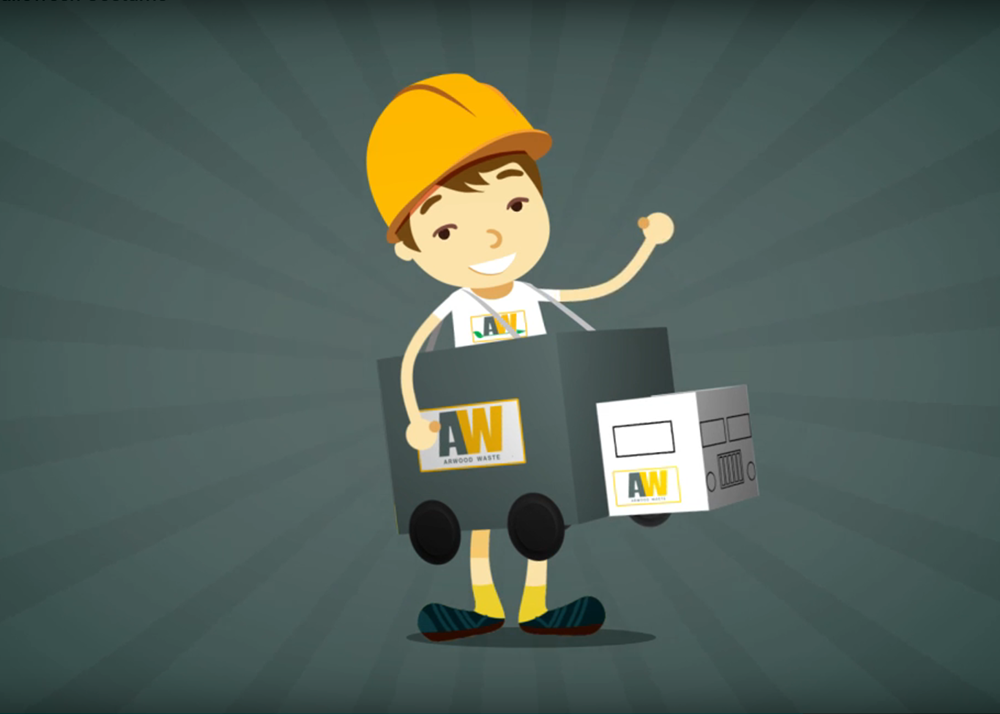
RELATED: EPA Laws and Regulations
Always discuss the type(s) of debris or waste you’re disposing of with your dumpster rental provider. They’ll help ensure you understand what’s allowed and what isn’t.
What can you throw in a dumpster?
Most any nonhazardous waste, junk or debris is permitted. A short list of allowed items include: wood, trash, furniture, roofing shingles, siding, construction & demolition debris (C&D debris), yard wastes, appliances (some exceptions), and flooring.
Household junk
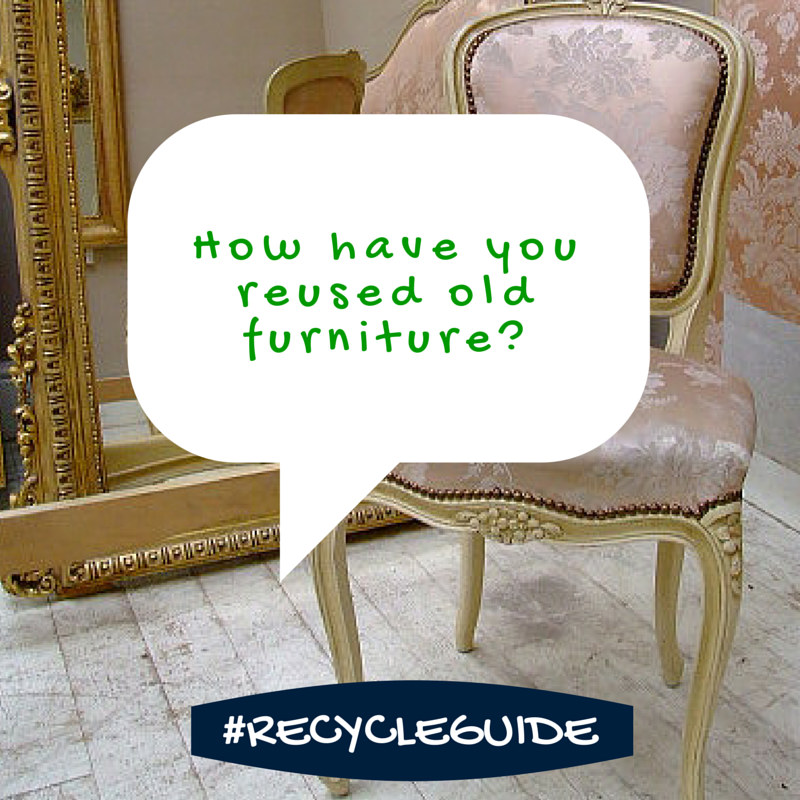
FURNITURE
Couches, tables, chairs—almost all types of furniture are accepted in dumpsters. However, in some locations, upholstered furniture and mattresses are not allowed in landfills; and in others, you can throw furniture and mattresses in a dumpster, but it can come with additional fees depending on your local area’s regulations.
Always be sure to check with your dumpster rental provider about the types of furniture they allow in their containers.
APPLIANCES
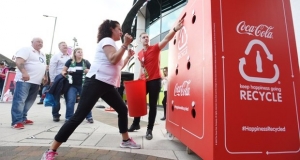
Refrigerators, AC units, washers and dryers—a majority of general household appliances are allowed to be thrown in a dumpster, but all hazardous fluids and components, like freon, must be removed first.
If you wish to get rid of a freon-containing appliance, you will need to hire a professional, like an appliance repair specialist or HVAC pro, to remove the refrigerant before disposing of it. Learn more about the safe disposal of refrigerated household appliances.
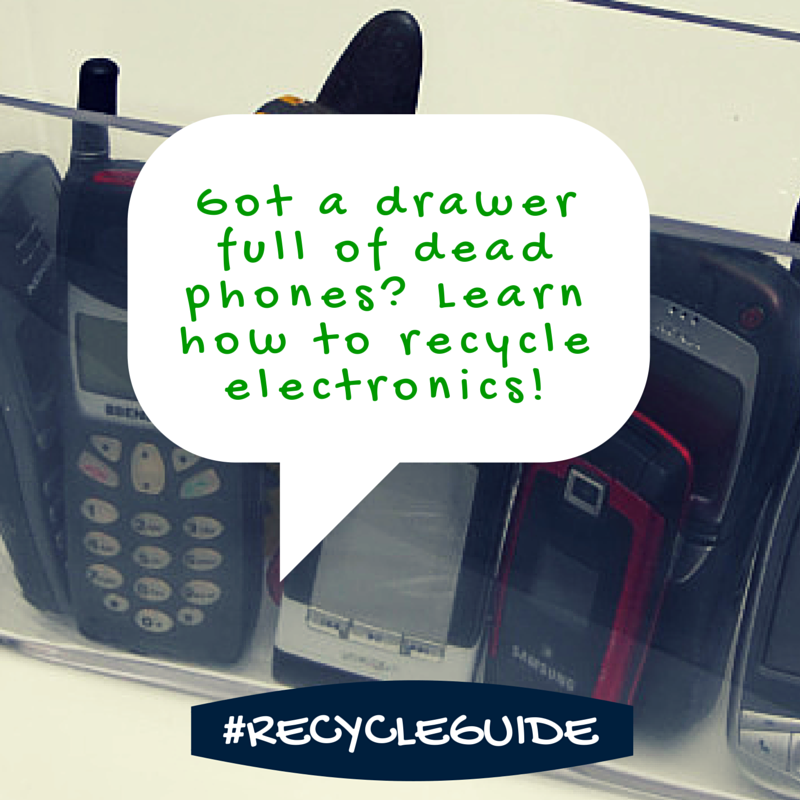
ELECTRONICS
TVs, computers, printers, and other electronics are commonly accepted in most dumpsters, but if you have large quantities of electronics, like in an office cleanout, you will likely be required to recycle them as e-waste. In those cases, it’s common that an additional charge will be applied per item in order to cover recycling fees.
In some areas, local regulations do not allow electronics to be tossed in dumpsters at all, so be sure to check with your dumpster rental provider. Learn more about e-waste recycling options in your state
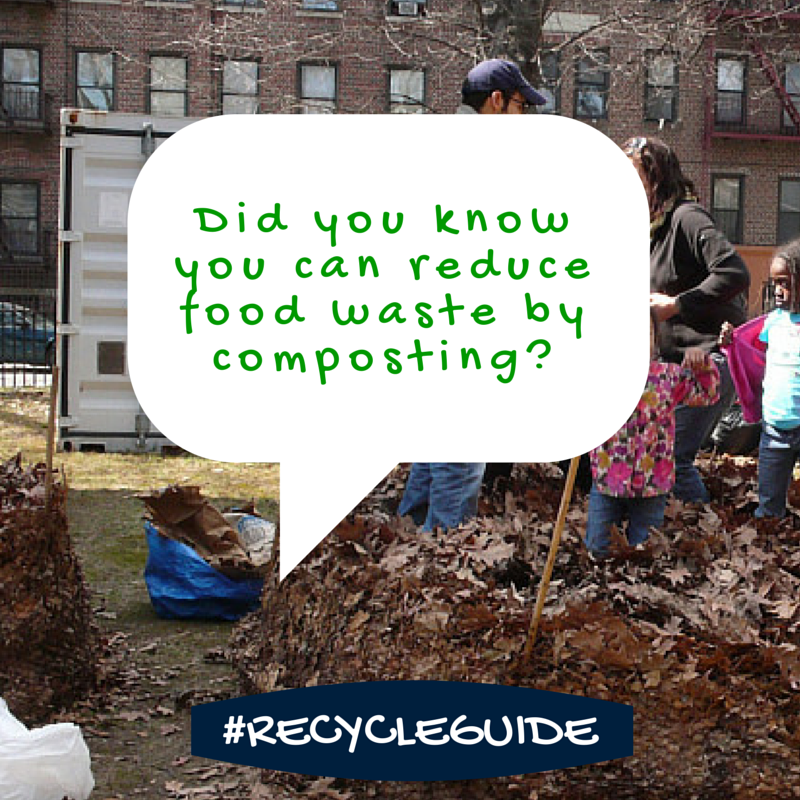
YARD WASTE
Trees, branches, brush, grass, and other green waste are allowed in most dumpsters. However, whether or not a dumpster company will accept yard waste depends on your area’s regulations. In some locations, you are limited to the amount of green waste you can send to a landfill, while in others, you can fill a dumpster to its limit.
Pro Tip: Some companies offer a “clean-load” option for dumpsters at a discounted price. “Clean-loading a dumpster” means only loading one specific type of recyclable materials into the dumpster, e.g. concrete, yard waste, etc. The materials are then recycled and diverted from the landfill, so you save the environment and your wallet!

OTHER
Toys, curtains, carpeting, old documents, cardboard, and similar non-organic trash can all be put in a dumpster, too.
Construction debris

BRICK, STONE, CONCRETE, AND ASPHALT
Heavy debris, like concrete, asphalt, and brick, can be thrown in most dumpsters, but due to its weight, some companies require the use of specific dumpsters designated for heavy materials. Learn more about renting a dumpster for concrete.
ROOFING SHINGLES
Asphalt roofing shingles are another heavy debris that can go in a dumpster. However, there is sometimes a fee associated with shingle disposal, so ask the dumpster rental providers you get quotes from about whether or not they charge extra for roofing shingle disposal. Keep reading about roofing shingle disposal.
Find an asphalt shingle recycler near you.
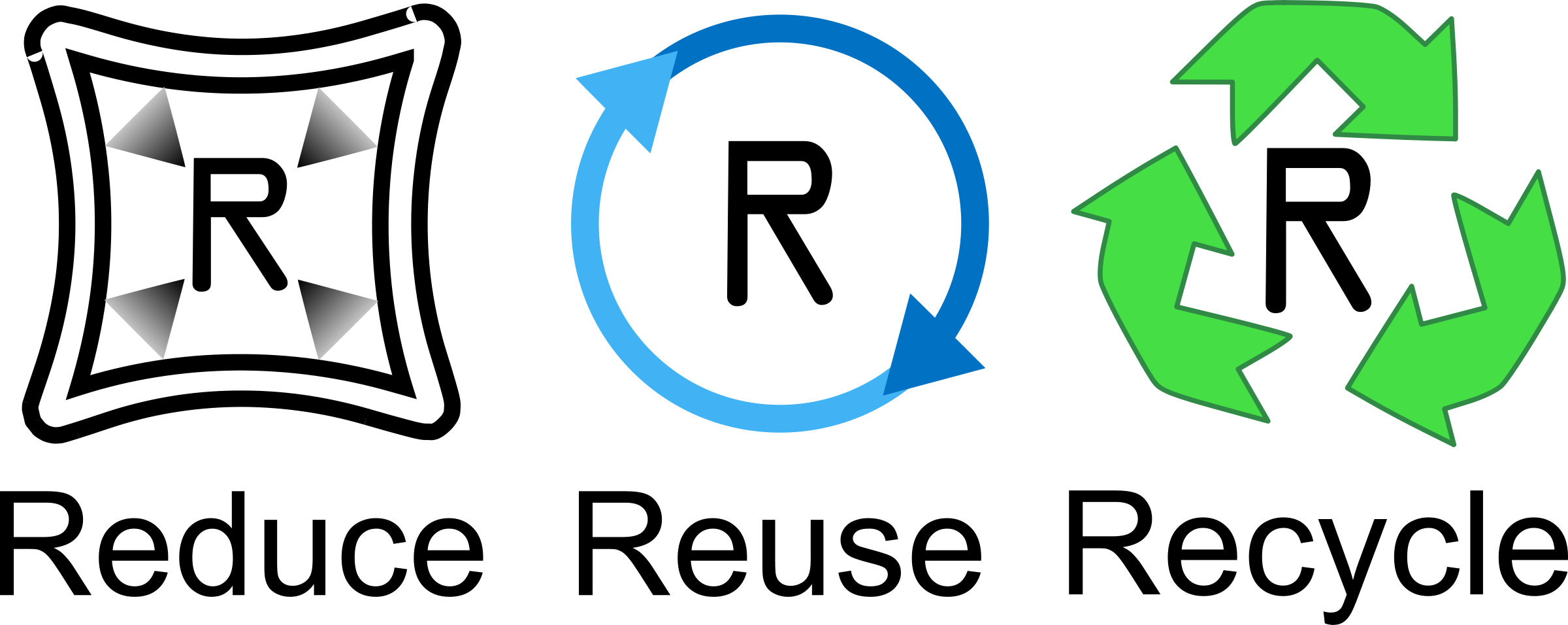
RENOVATION DEBRIS
Drywall, wooden materials, siding, and other construction and demolition debris can go in dumpsters.
Find the right size dumpster for the best price.
![]()
To ensure you get the best possible price, learn more about dumpster sizes and pricing. If you’re a first-time renter, our Dumpsters 101 Guide is a great place to start. Depending on the size of your project and the type of debris you have, you may only need a 10 yard or 20 yard, but if your project is bigger or on the heavier side, a 30 yard or 40 yard dumpster is likely your best choice.
Arwood Waste & Demolition is the most convenient place to find the right dumpster rental provider in your area. Browse the options in your area, read company profiles, see what other customers have to say about their services, and contact providers directly for a quote—all in one easy-to-use location.
- The Complete Guide to Getting Rid of Anything
- Moving is Less Painful with a Dumpster and a Plan
- 8 Simple Tips for Decluttering Your House and Discovering Clutter-free Nirvana
What can’t you put in a dumpster?
Generally speaking, you cannot put any type of hazardous materials in your rented dumpster, including wet paint, oil (other liquids), asbestos, sealed tanks/drums, electronics (e-waste), tires and some types of furniture. You’ll find more information below.

PAINT, STAINS, AND LACQUERS
You cannot throw paint, paint thinners, lacquers, or wood stains in a dumpster, with the exception of latex paints. If you have leftover latex paint that can’t be reused or recycled, allow the paint to solidify by pouring it into a box with kitty litter or shredded paper. Once it’s hard and dry, toss it in the dumpster.
Empty, dried paint cans can be recycled with other metals in your curbside bin. Find a place to drop off your leftover paint.
TIRES

Because a majority of landfills in the U.S. do not accept tires, you cannot put tires in a dumpster. However, there are various ways to properly dispose of scrap tires. One option involves taking old tires to your local auto parts store or tire dealership.
Another option includes finding a local recycler who will then convert old tires into asphalt or rubber mulch.
HAZARDOUS WASTE
Asbestos, pesticides, motor oil and other automotive fluids, propane tanks, household cleaners, ink and resins, contaminated soil or absorbents, and medical waste should never be put in a dumpster. In most communities, there are scheduled community collection events where people can drop off their hazardous waste for proper disposal.
In some areas, you can also arrange to have a household hazardous waste recycling kit sent directly to your home. They allow you to conveniently pack up your waste and mail it in for environmentally responsible disposal.
KEEP READING: How to Dispose of Household Hazardous Waste
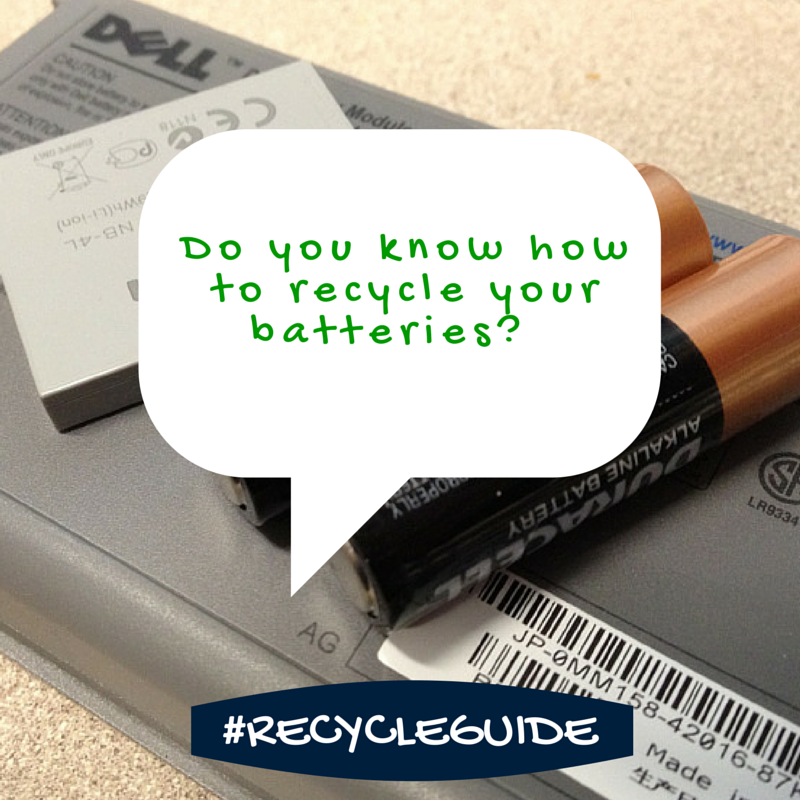
BATTERIES
Car batteries and dry-cell batteries cannot be put in a dumpster because they can leak chemicals that harm the environment.
Instead, recycle car batteries by returning them to nearly any store that sells car batteries. Similarly, drop off old dry-cell batteries, like lithium, AA, and AAA, in designated bins commonly found in stores.
Eco-friendly tips for getting rid of what isn’t allowed in dumpsters:
- Donate working TVs and appliances to Habitat for Humanity or another local charity
- Donate or recycle e-waste, like cell phones, tablets, computers, and printers. Search for an e-waste recycler near you.
- Take used motor oil to a local oil change facility for proper recycling
- Most auto part stores and repair shops will recycle car batteries, and sometimes, you can get a deposit for returning it to where you bought it.
- Bring used tires to a tire changing facility for recycling, or put them on Craigslist for free. What you consider junk may not be junk to someone else!
Dumpster Rental Frequently Asked Questions
Q. Can you throw away a TV in a dumpster?
A. In most cases, no. However, some dumpster rental companies may be able to accommodate this request if you make arrangements beforehand. You may incur additional fees for the e-waste disposal. Always ask if the dumpster rental company accepts TVs; never dispose of a TV in a dumpster. Should the rental provider accept TVs for disposal, it should be kept separate from the other wastes, junk and debris.
Q. Can you throw furniture in a dumpster?
A. Yes, most furniture is acceptable, including wooden chairs, sofas and tables. Your local environmental regulations may limit certain furniture from dumpster disposal, such as upholstered items or chairs with electronics built-in (e.g., massage chairs or hospital beds). Check with your dumpster provider if you have furniture that contains electrical components. Your best bet, if the furniture is still usable, is to donate it to local charitable organizations – it’s free for you and you get a tax write off.
Q. Can you throw tires in a dumpster?
A. No, it’s illegal to throw whole tires in a dumpster. However, some areas may allow cut tires to be disposed of in the general waste stream. Never put scrap tires in a dumpster without first discussing it with your dumpster rental provider.
Q. Can you put a mattress in a dumpster?

A. Not in all areas. Many cities charge a fee for mattress disposal, so dumpster rental companies in these areas will not allow you to throw a mattress in the dumpster – at least not without charging you an additional fee to cover the expense. Notify your rental provider if you have mattresses to dispose of.
Q. Can I mix construction debris or roofing shingles with other trash and junk?
A. Most dumpster rental companies prefer to have construction debris separate from household junk and trash. The same goes for roofing shingles, concrete and yard wastes. Some cities require that roofing shingles be recycled, and the same is often true for construction debris. In these cases, dumpster rental companies will require the dumpster to be clean-loaded, or loaded with only one type of debris (e.g., concrete or roofing shingles, or metals or trash, etc.). So, generally you should not mix construction debris, concrete, yard debris, or roofing shingles with other wastes.
![]()
